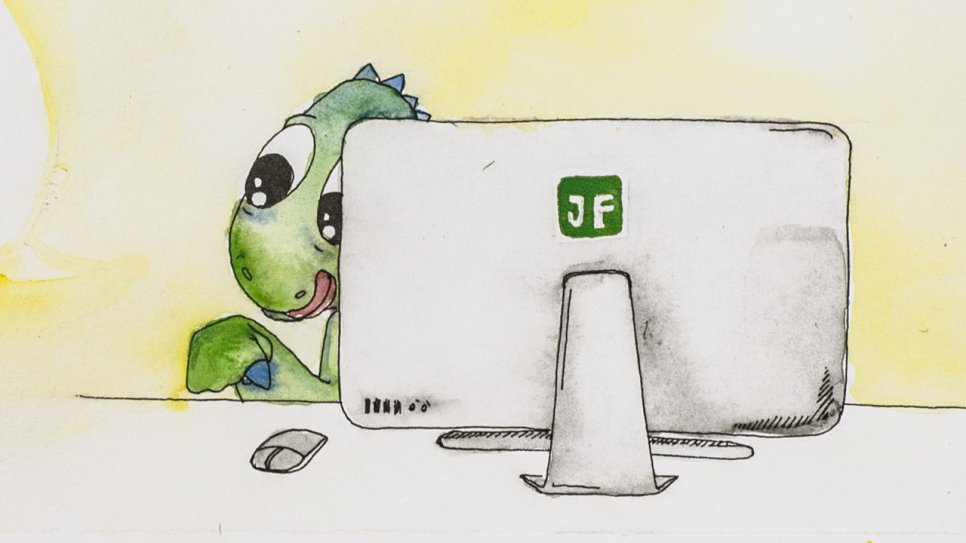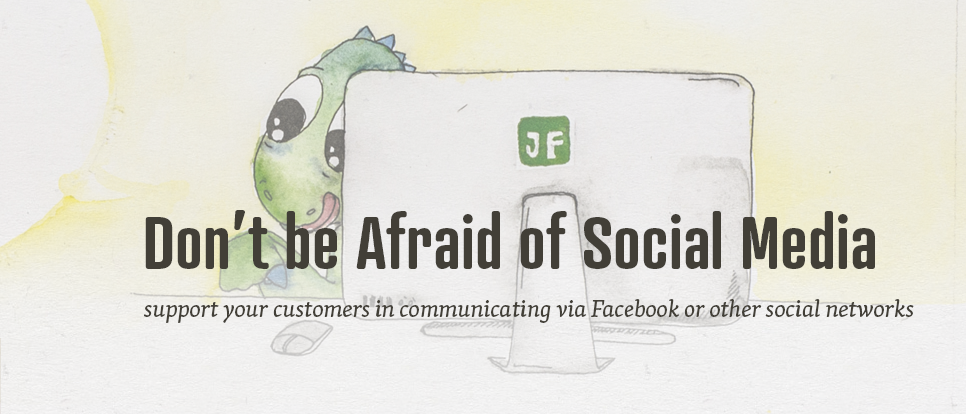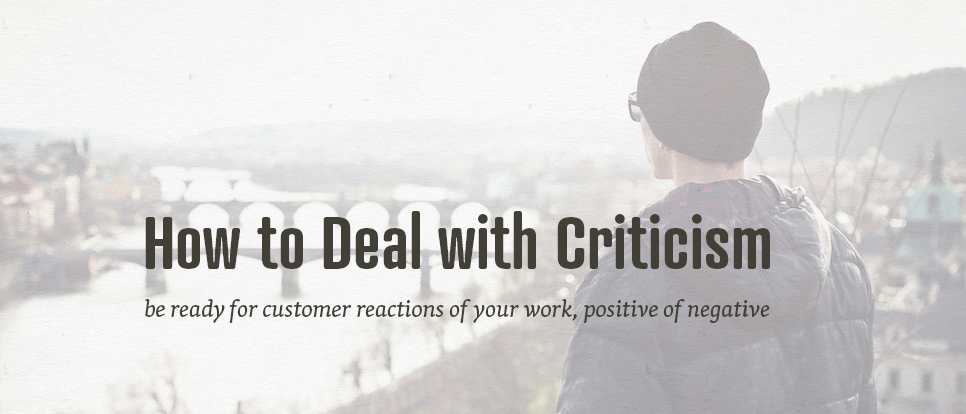Besides contact forms, information lines, or mail communication, the big hit of today's customer support is the platform of social networks. However these doesn't have to be used only by large corporations, but also by small shops or individual photographers or illustrators. But whoever's case it is, what shouldn't anyone forget when trying to have a good customer support?
Communicating on social networks is the key
First of all, there is the question of why customers even like to communicate with representatives of the individual companies or services via social networks. There are several answers to this question. It's easier, clearer, and when a customer desides to write for example on a Facebook wall of some company, this post is visible for other users that can serve as an active "audience" of the possible affair.
That's also why some companies don't really want to use customer support on social networks. They often deliberately refer their customers to other, less public types of communication and when somebody actually contacts them via Facebook, it takes sometimes even several days for them to respond. And though it is true that comments on social networks can sometimes get messy, that's exactly the reason why you should step up to all the Facebooks and Twitters and use the most of what they offer as you can.
And for the right presentation of your company or business on social networks apply basically the same rules as the ones we mentioned in the context of our article about negative reactions. Because on Facebook or Twitter, your customers won't only be praising you. If they for instance find a problem with your products or services, they'll use social networks not only to alert you about it, but also to complain to other potential customers, or, in the worst case scenario, to talk them out of the idea of dealing with you.
From the right end
In cases such as these, you have to take these negative customers not as your enemies that want to publicly hurt you, but you need to really try to understand their problem and make it up to them.
Did your customer receive a defective product? Don't push them to send it back, but send them instead a new one right away with a small "bribe" like a gift or a discount for future purchases. Does somebody have a problem with your services or your approach? Find out where's the source of their problem, try to fix it, and, most importantly, apologise. Remember that every public debate with your customers is an opportunity to represent yourself.

Of course not always will the critique of your work be constructive. But even in those cases, you need to keep a cool head and try to endure these situations, and even in those cases when someone is simply pulling your leg and trying to provoke you. For dealing with these aggressors or jokers, you could perhaps use a nice burn, but that could easily become a double-edged sword, so it is usually not recommended to use this tactic.
A few final tips
- Answer to customer replies as fast as you can. In your Facebook profile you can actually set up how quickly you usually reply to personal messages. And if you are on the Internet for most of the day anyway, set up the phrase "usually replies within a day", and try to stick to it.
- Always greet everyone and behave yourself. Younger customers may prefer if you call them by their first name, but with the older ones, better stick to surnames. Either way, saying "hi" properly is the key. Without a personal approach to your customers, you are doomed in today's world.
- Never delete negative comments in trying to win an argument, because that always just ends badly. The only exception could be hateful and angry comments that otherwise have nothing else to say. Those you can delete, but just in case, prinscreen them first.
- Customer is always right, even if they aren't. Of course that doesn't mean you should be their Yes Man all the time, but it is necesery to swallow your pride from every now and then, and apologize even for things that aren't really your fault. If for no other reason, just because with every apology, your oponent eventually cools off.




